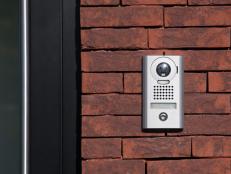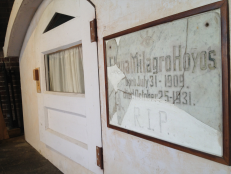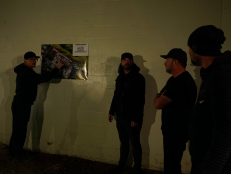Air Travel With Wheelchair

Thinkstock
Travel by its very nature requires a lot of planning and preparation, especially when it includes air travel. Factor a disability into the equation and the complexity increases. The good news is that a little consumer education can help make your next flight far more accessible. Here’s what you need to know.
Before You Go
The single best thing you can do to make things go smoother in the air is to learn the law -- so you know what to expect on your flight. The Air Carrier Access Act (ACAA) -- not the better-known Americans with Disabilities Act -- is actually the law that covers access on all flights to and from the US. Read it so you thoroughly know what accommodations, facilities and services are (and are not) required, and then carry a copy with you in case you run into problems. Consumers can also call the disability hotline operated by the US Department of Transportation at (800) 778-4838 with any access-related questions.

You should also request a seat with a flip-up armrest when you make your reservation, as it makes transfers easier. Some airlines routinely block bulkhead seats for wheelchair-users, however this is not required under the ACAA. If bulkhead seating is important to you, make sure you travel on an airline that reserves these seats for disabled passengers.
It’s also a good idea to attach clear assembly and disassembly instructions (in Spanish and English) to your wheelchair or scooter before you head to the airport. Under the ACAA, if a wheelchair or scooter is disassembled for transport, it must be returned to the passenger correctly assembled. Having written assembly instructions readily available simplifies this process.
At the Airport
Once you get to the airport, you’ll need to navigate airport security. If you can’t walk through the metal detector, tell the Transportation Security Administration (TSA) agent, and you will be hand-wanded and given a manual pat-down. Make sure to inform the TSA agent if you have any sore or tender body parts before the screening. You are also entitled to a private screening with a companion of your choice present.
If you have any pre-trip questions or concerns about the security screening process, give the TSA Cares Hotline a call at (855) 787-2227, at least 72 hours prior to your flight. Under the ACAA you’re also entitled to stay in your own wheelchair (if it has non-spillable batteries) until you get to the gate. At that point the wheelchair will be taken down to the cargo area, and you will be transported to your seat in a high-back aisle chair, if you cannot walk. Your wheelchair or scooter will be returned to you at the gate once you reach your destination.

It’s also important to consider your toilet options when you fly, so you can plan accordingly. Most accessible airline lavatories are quite small and you need to be able to walk a few steps to use them, so it’s a good idea to use the airport facilities just prior to boarding.
If Things Go Wrong
Hopefully your flight will go off without a hitch, but it’s good to know what to do if you encounter a glitch. If you have any access-related problems along the way, ask to speak to the Complaints Resolution Official (CRO). This airline employee is specifically trained in the ACAA and is able to resolve access-related issues on the spot. All airlines that serve the US are required to have a CRO on duty during airport operating hours.
You can also file a written complaint with the airline after you return home. This is your best (and sometimes only) route to monetary compensation for damages. Watch your deadlines though, as airlines are not required to respond to complaints postmarked more than 45 days after the incident. For complaints filed in a timely manner, airlines must respond in 30 days.
You also have the right to file a complaint with the DOT for access-related problems; however this must be done within 6 months of the incident. These official complaints usually result in an adjustment to airline policies and practices. Although this method may seem a bit adversarial, sometimes it’s the only way to effect meaningful change, and to make air travel more accessible.


























.jpg.rend.hgtvcom.231.174.suffix/1674758726773.jpeg)










